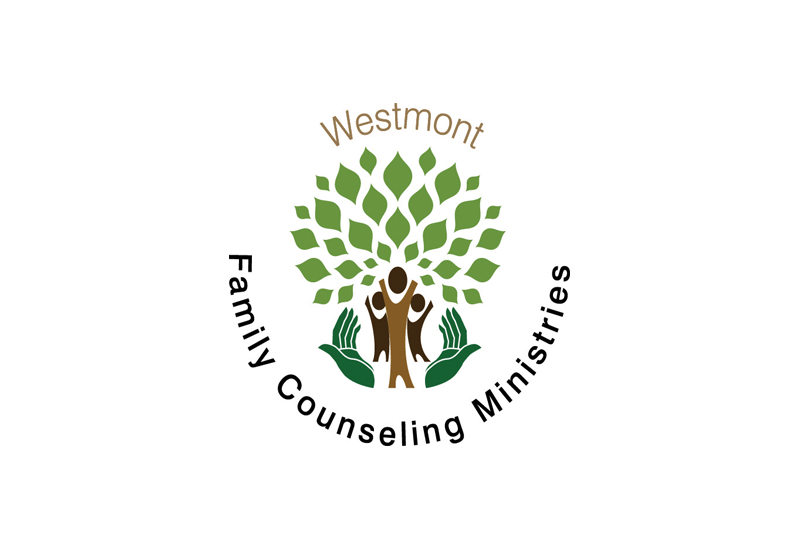The coronavirus crisis is unlike anything most of us have ever experienced. Health concerns, perhaps coupled with financial pressures, are taking a toll on us all – made worse by the fact that there is no clear picture of how long this will last.
Everyone is affected by this unprecedented disruption to daily life, but some people are particularly likely to experience high levels of anxiety, including:
- Healthcare workers
- Essential workers , especially those who are working at public workplaces
- People whose age or health conditions put them at higher risk for serious complications from COVID
- People who normally struggle with anxiety or depression
- People who live alone or are especially challenged by being socially isolated
People can respond to this stress in a variety of ways – some of the most common are:
- Disturbances in sleep patterns
- Mood disturbances, including irritability and mood swings
- Variations in normal eating patterns – eating too much or too little
- Difficulty focusing or concentrating
- Worsening of existing mental health issues
- Use of alcohol and other substances
Again, it’s normal to feel stressed. But it is possible to find ways to cope more effectively with it. Here is a quick list of suggestions:
Establish a routine, a “new normal.” Try to eat nutritious meals at regular times and keep a regular sleep routine. Schedule time for exercise, work, and fun. You’re going to be home almost all the time, so do your best to keep your home clean, tidy, and comfortable. Enlist whoever you’re self-isolating with in this endeavor.
Engage in regular, vigorous exercise. A reasonable goal is to get your heart rate up once a day. There are a wide variety of free exercise videos available online – search on whatever form of exercise you normally enjoy, whether that’s Zumba, yoga, Pilates etc. If you regularly attend an exercise class, see if your instructor is offering virtual sessions. Many gyms are also providing free content during this period.
Get outside. When the weather allows, even a few minutes of sunshine on your skin can lift your mood. Talking a brisk walk is a great way to get some exercise, and a brief change of scenery is more important than ever right now.
Find ways to reach out. Virtual technologies such as Zoom, Skype, or FaceTime are imperfect substitutes for being together in person, but they’re better than nothing. This is a great time to write letters, make phone calls, send texts, and reach out using social media – especially to those who are living alone. It’s also a great idea to check on neighbors, using appropriate social distancing guidelines.
Connect with those you’re self-isolating with. Respect each other’s space, but find meaningful ways to be together – play board and card games, take long walks, or have movie nights. Talking about your feelings can be really helpful.
Manage your news consumption. Set limits as to how much time you spend reading and listening to news. It’s easy to get trapped in the cycle of scrolling endlessly through Twitter or watching too much cable news. Choose your sources for news carefully. The goal is to be informed, not overwhelmed.
Engage in a hobby or find something absorbing to do. Now is a great time to embark on a craft project, a new form of cooking or baking, gardening, or whatever hobby you normally enjoy or have always wanted to try. Consider working on a modest home improvement project, such as cleaning out one drawer a day, deep-cleaning the kitchen, reorganizing a closet, repainting the bathroom trim, organizing your family photos, rearranging the guest room furniture, etc. It can feel really good to make something, or achieve a small, tangible goal. But if that seems too ambitious, simply get out that 1,000-piece puzzle and set it up, or find a new series to enjoy on Netflix or other streaming service.
Practice mindfulness. If the word mindfulness is unfamiliar to you, the concept probably isn’t – it’s akin to the idea of “don’t borrow trouble,” or “do not worry about tomorrow, for tomorrow will take care of itself.” In short, being mindful means you focus your awareness on the present moment, calmly observing and acknowledging (rather than becoming caught up in) your feelings and thoughts. Mindfulness is central to the practices of meditation and yoga, for example. Even connecting with your senses (what do you see, feel, smell, taste, hear?) and focusing on your breathing are simple ways of practicing mindfulness whenever you feel yourself becoming overwhelmed by circumstances.
Be gentle with yourself and others. This is a really difficult time, and nobody is at their best. Moderate your expectations of other people, and of yourself – in everything from productivity to behavior.
If you find you’re struggling, you are not alone – and WFCM can help. We offer virtual counseling sessions over the phone and via videoconferencing to existing and new clients during this difficult period. We urge you to get in touch with us for help.

